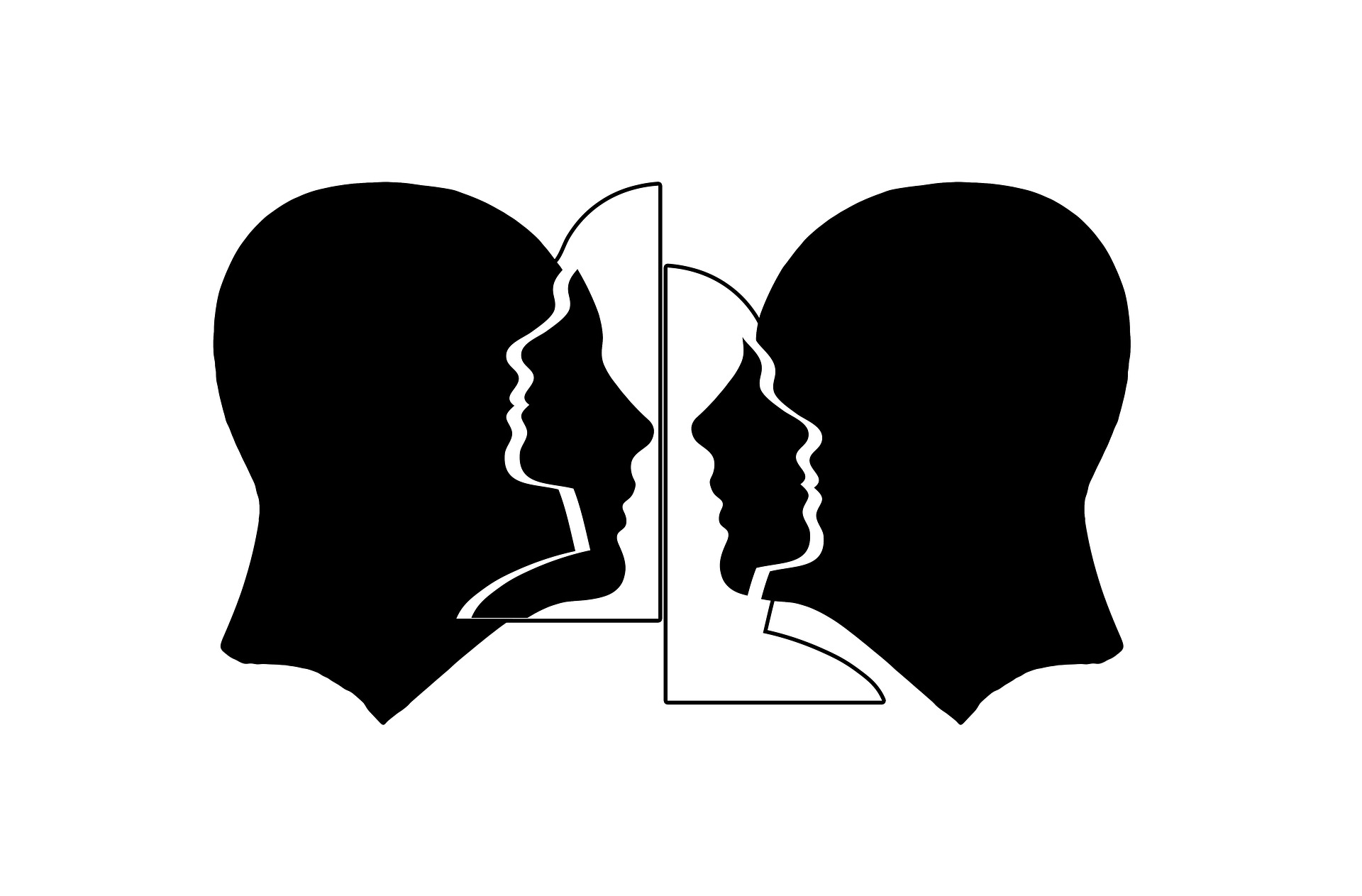Psychotherapy

Speak and be listened to: you will be surprised by the freedom and well-being that this provides.
Progress in therapy seldom consists of a straight upward line. As with climbing a mountain, you may find yourself descending into small valleys even if the general trajectory is uphill. Do not be discouraged; it's normal.
When to consult?
- Desire to have a space to speak freely, to know each other better and to be supported
- Unexplained sadness
- Insurmountable grief
- Uncontrollable physical and / or verbal aggression towards yourself or others
- Suffering in your relationship
- Suffering in the workplace
- Educational difficulties
- Lack of self-confidence
- Symptomatic signs such as anxiety, depression, ruminations, obsessions, dark thoughts, excessive boredom, etc.
- Somatic disorders resistant to drug treatments, etc.
Duration and frequency of the therapy: The frequency of the therapy depends on your needs. Sessions can take place once or twice a week and last about an hour. In order to respect the time slots, sessions not cancelled 48 hours in advance will be due (excluding weekends and public holidays).
Depending on the person, the demand, the goals and the needs, the duration of the therapy varies: it can last for months, a year or several years.
Methods: There are many therapies which differ by their modalities of intervention, their duration and their type of mediations (speech, games, art, role play, etc.). At "Le Cabinet Psy", all our therapies are done face to face, listening is fluid and dialogue is essential. Even if it may happen that the psychologist allows a period of silence to settle in the session (which he deems necessary), the exchange between the two protagonists will be at the heart of the treatment.
Procedure of the sessions: At " Le Cabinet Psy", the sessions are held in ARABIC, FRENCH OR ENGLISH.
It is not uncommon for the initial assessment sessions to last longer. Indeed, assessments sometimes require many questions, while subsequent sessions may be less structured.
The following sessions will take place according to your needs and at your own pace.
When you (you and the therapist) decide it's time to end, it's wise to set a future date for the last session, then use the elapsed time to say goodbye properly and process the feelings that do. to say goodbye can conjure up. The duration of this termination period must be proportional to the duration of the overall treatment; a week or two for short-term work and possibly several months for therapies that last for years.
Remember: frequency, regularity, and continuity are necessary for therapy to work properly.
To get the most out of psychotherapy:
1. Be open with your therapist.
Do not hesitate to tell the therapist how you are feeling, even if it involves your negative or positive feelings towards them. You may have mixed feelings about the therapy and let your therapist know if you have any doubts about the sessions.
In cases where it is too difficult to be open, the best strategy is to explain why it is too difficult. This way you will begin to understand what is holding you back, while also letting your therapist know that there is more and that you will get there when the time comes.
2. Attend the sessions.
When you don't want to attend a session, try to understand why. Could it be that the last session was difficult? Did you leave the session a little angry with the therapist? Is there something you need to talk about but don't want? All good things to work on with your therapist.
3. Invest in therapy.
The therapist accompanies you on the path to well-being, he is by your side to bring to light things that you would have omitted in your path and which make you stumble. Thus, well-being cannot be expected from the single person of the therapist. It is about YOUR well-being and therefore it is you who know the way better than anyone else. The more actively you participate in the sessions with the necessary effort and motivation, the more likely it is that the therapy will bear fruit!


